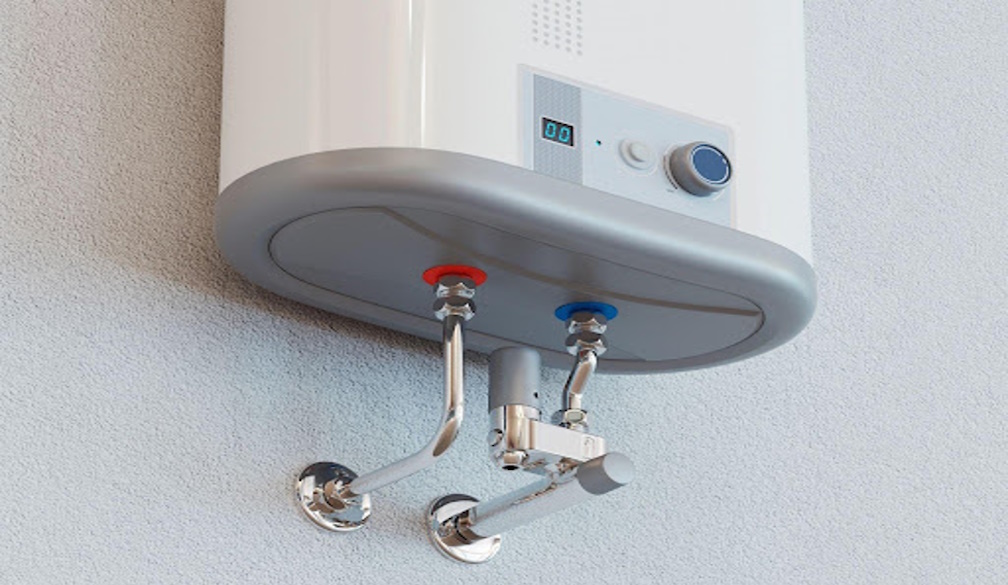Optimal Hot Water System Sizes for Australian Homes

Choosing the right hot water system size is a crucial decision for any Australian household. Not only does it ensure a steady supply of hot water, but it also impacts energy efficiency and cost-effectiveness. The choice of system size can be influenced by various factors such as household size, climate, and energy sustainability goals. Understanding the types of hot water systems available in Australia is key to making an informed choice. An optimally sized system benefits households by reducing energy costs and enhancing efficiency, making the task worth every bit of effort.
Factors to Consider When Choosing a Hot Water System Size
Several factors come into play when determining the appropriate size for a hot water system. Household size and daily hot water usage patterns top the list. Larger families or those with high water usage may require a more substantial system to ensure adequate supply. The Australian climate, ranging from temperate to tropical zones, also affects hot water demand. For instance, colder areas may require systems that heat water more rapidly.
Energy efficiency and sustainability should also guide your decision. Investing in a more efficient system may have higher upfront costs but can result in significant savings over time. Another consideration is the interplay between system size and installation costs. Larger systems might need more complex installations, adding to overall expenses but potentially offering long-term savings.
Understanding Different Types of Hot Water Systems
Australia offers a variety of hot water systems, each with distinct advantages and disadvantages. The most common types include electric, gas, solar, and heat pumps.
Electric systems are widely available and easy to install, but they can be costly to run, especially in areas with high electricity rates. Gas systems are relatively efficient and cheaper to operate, although they require a gas connection and suitable ventilation. Solar systems harness renewable energy, making them eco-friendly and cost-effective in sunny regions, yet they can be expensive to set up and may need a backup system. Heat pumps, using ambient air to heat water, are efficient and suitable for homes in mild to warm climates. However, they might be less effective in cold areas.
When choosing the best hot water system for your home, consider the available installation space and location within the home. Energy efficiency ratings provide insight into a system's performance, influencing running costs and environmental impact.
Calculating the Right Size for Your Household Needs
Estimating the right size involves understanding daily water usage. On average, Australians use about 50 litres of hot water per person daily. Consider peak usage times, such as mornings or evenings, when calculating your needs. Online tools and calculators can assist in determining the appropriate system size. However, consulting with professionals like plumbers ensures more accurate sizing tailored to specific household scenarios.
For instance, a family of four with moderate water usage in a temperate climate might find a 160-250 litre storage tank sufficient. In contrast, a couple in a warmer area with low water needs might opt for a smaller, more efficient system.
Regional Variations in Hot Water Needs Across Australia
Australia's diverse climate influences hot water requirements. In temperate regions like Melbourne, systems with larger storage and faster heat recovery rates might be needed during colder months. In tropical areas, such as Cairns, the demand for hot water is generally lower, allowing for more energy-efficient and smaller systems.
Regional energy regulations also play a role in system sizing, as some areas offer incentives for using renewable energy sources like solar. The suitability of solar solutions varies, with higher efficiency in sunny locales compared to shaded regions.
Urban and rural settings present different challenges. Urban homes might have space constraints, favouring compact systems, while rural properties could benefit from larger, solar-compatible systems due to more available space and abundant sunlight.
The Role of Advanced Technologies in Hot Water Systems
Today's advanced technologies significantly enhance hot water systems, offering features that improve efficiency and user experience. Smart systems allow homeowners to control temperature settings, set timers, and monitor usage through apps, optimising energy consumption. Such features are particularly beneficial in adapting to individual hot water needs and reducing wastage.
These technological advancements also support better system sizing, enabling precise adjustments based on real-time data and household usage patterns. Looking to the future, Australian homeowners can anticipate even greater innovations, potentially incorporating AI and IoT for smarter, more sustainable living.
Conclusion
Selecting the correct size for a hot water system is essential for maximising energy efficiency and minimising costs. By considering factors such as household size, climate, and energy goals, consumers can make informed decisions. Consulting professionals further ensure that the chosen system meets specific needs, leading to substantial long-term benefits. As Australians strive for sustainable living, exploring the best hot water system for your home not only promises comfort and savings but also contributes positively to environmental conservation.
















